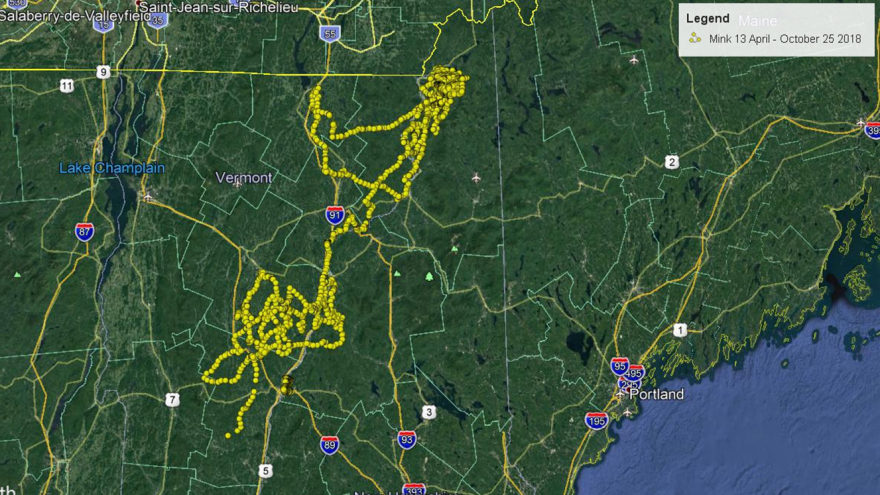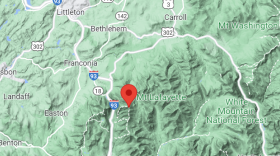Every other Friday, the Outside/In team answers a listener question about the natural world. This week’s question comes from Kay in Deering, NH.
“I know people who trap nuisance animals like porcupines, raccoons and squirrels, and drive them a couple of miles away and let them loose. It seems kinder than killing, but how detrimental is it for the animal to be taken from its home grounds?”
To answer this question, we spoke to Patrick Tate, a wildlife biologist with the New Hampshire Fish and Game department.
“People often believe that these animals are released and they go on happily ever after in their new location,” Tate said. “It’s not the case at all.”
Tate said most wildlife species are territorial. They learn the ins and outs of their home ranges so that they know where food sources are, and where to hide from predators. So when you release an animal in an unfamiliar place, they’re most likely going to try to get back home.
That causes them to be out in the open and crossing more roads, vulnerable to predators and vehicle collisions, and results in a lower annual survival rate for relocated animals.
And that’s true for both small animals, like raccoons and squirrels, and big ones — like bears. New Hampshire residents might remember in 2018, when “Mink the bear” walked thousands of miles from the Canadian border, after she was relocated by New Hampshire Fish and Game, back to her home range.

What’s a homeowner to do?
So, say you’ve got squirrels terrorizing your garden or raccoons in the attic, and you don’t want to kill them. What do you do?
Tate said the best thing you can do is get animals to leave on their own. To do that, you have to remove the thing they came for in the first place, which oftentimes is a food source.
“If we put out birdseed, that is a dinner bell for squirrels. If a person removes the food source, the squirrels leave,” said Tate.
The other common attraction is shelter. If you have a raccoon in your attic, for example, that means there’s a hole somewhere that needs to be patched. But if the animal is still inside when you patch the hole, they’re just going to make another hole to get out. Or if they’ve gone out and left their young inside, they’re going to make another hole to get back in.
That’s why Patrick recommends calling wildlife control operators — licensed professionals who know when it’s not breeding season and can remove animals by installing one way doors.
Plus they can tell if an animal is diseased and needs to be euthanized for the safety of humans and other wildlife, or in case they determine relocation to be the best option. They also know how to navigate land ownership laws. In New Hampshire you can relocate wildlife only if you have the written permission of the property owner, whether that’s a private citizen, or a public agency.
To be clear though, wildlife control operators don’t handle larger animals, like bears. When it comes to bears, you should call the New Hampshire Fish and Game department.

Submit your question about the natural world to the Outside/In team. You can record it as a voice memo on your smartphone and send it to outsidein@nhpr.org or call the hotline, 1-844-GO-OTTER.









